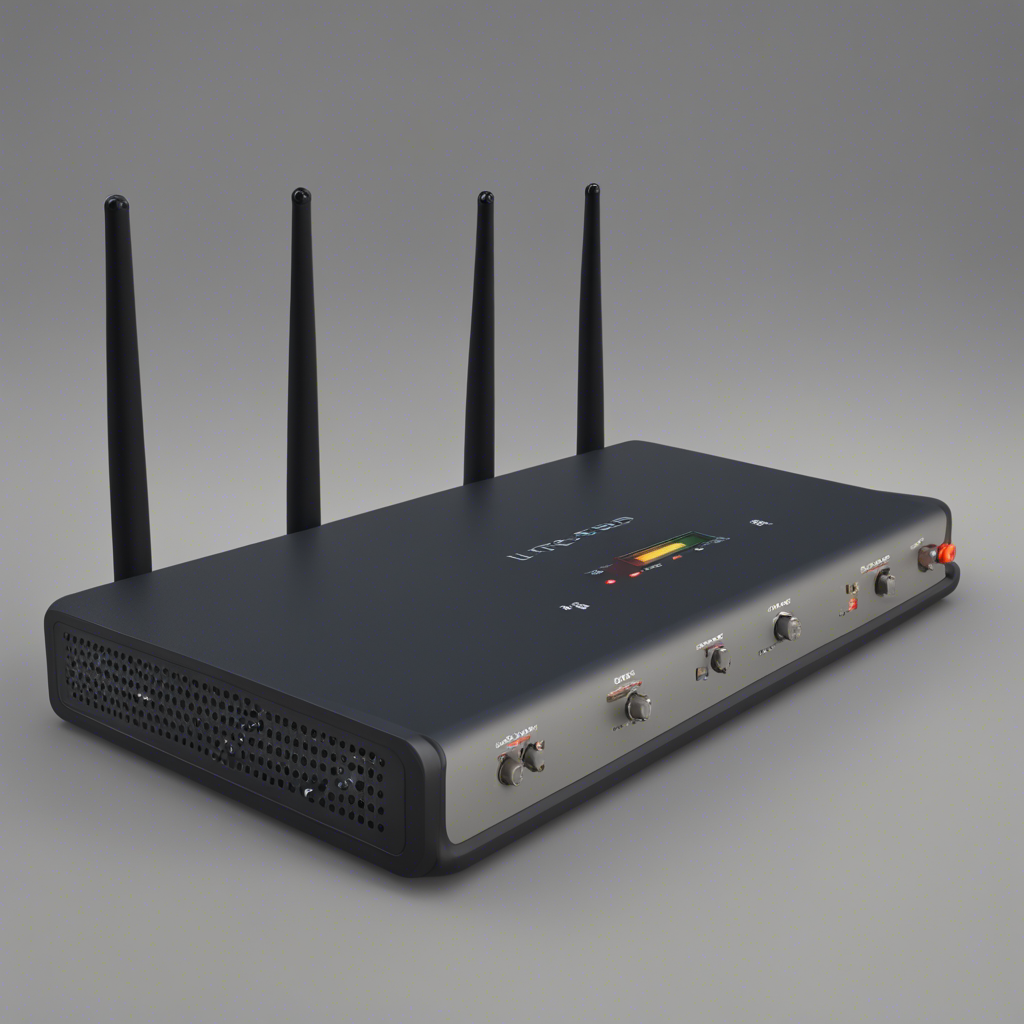
10 Essential Technology Tips for Remote Workers
In recent years, the popularity of remote work has skyrocketed, enabling individuals to work from the comfort of their own homes or anywhere with an internet connection. While the flexibility and convenience of remote work are undeniable, it comes with its own set of technological challenges. To help remote workers navigate these challenges, we have compiled a list of 10 essential technology tips. These tips are designed to optimize productivity, enhance security, and improve overall remote work experience.
-
Reliable Internet Connection: A stable internet connection is crucial for remote workers. It is recommended to have a high-speed broadband connection with a backup option like a mobile hotspot or a secondary internet service provider. Test your internet connection regularly using speed testing tools to ensure consistency.
-
Ergonomic Workspace Setup: Creating a comfortable and ergonomic workspace is essential for long hours of remote work. Invest in a comfortable office chair, an adjustable desk, and proper lighting to avoid health issues like eye strain, back pain, and muscle stiffness.
-
Cloud Storage and Backup: Utilizing cloud storage services such as Google Drive, Dropbox, or Microsoft OneDrive is essential for remote workers. These services not only provide seamless access to files from multiple devices but also offer automatic backup and file syncing to prevent data loss.
-
Video Conferencing Tools: Remote collaboration often requires virtual meetings. Reliable video conferencing tools such as Zoom, Microsoft Teams, or Google Meet are essential for clear and uninterrupted communication with colleagues or clients. Familiarize yourself with these tools and their features to ensure smooth virtual meetings.
-
Cybersecurity Measures: Remote work can expose individuals to various online threats. Protect your digital assets by using secure passwords, enabling two-factor authentication, and regularly updating your software and antivirus programs. Invest in a reliable Virtual Private Network (VPN) to ensure a secure connection, especially when accessing sensitive company information or using public Wi-Fi networks.
-
Project Management Tools: Remote workers can benefit from using project management tools to stay organized, collaborate effectively, and track progress. Tools like Asana, Trello, or Monday.com provide a centralized platform for task management, file sharing, and team communication, promoting efficiency and accountability.
-
Time Management Techniques: Working remotely requires discipline and effective time management. Utilize productivity techniques such as the Pomodoro technique, time blocking, or task prioritization to optimize your workflow. Additionally, consider using time-tracking tools like Harvest or Toggl to monitor and analyze your productivity.
-
Virtual Private Network (VPN): As a remote worker, you may need to access company resources or files securely. A VPN creates a secure connection between your device and a private network, encrypting your data and protecting it from potential cyber threats or unauthorized access. Research and choose a reputable VPN service to ensure your online activities are secure and private.
-
Backup Power Solutions: Power outages can disrupt remote work, leading to data loss or missed deadlines. To mitigate this risk, invest in backup power solutions such as uninterruptible power supplies (UPS) or portable power banks. These devices provide temporary power to keep your devices running during outages, allowing you to save your work and gracefully shut down your devices.
-
Continued Learning and Skills Development: Technology is constantly evolving, and remote workers must stay updated with the latest tools and trends. Dedicate time to continuous learning, whether through online courses, webinars, or professional networks. Enhancing your technical skills not only makes you a more valuable remote worker but also keeps you ahead in the competitive job market.
Incorporating these 10 essential technology tips for remote workers will significantly improve your productivity, efficiency, and overall remote work experience. Whether you are a seasoned remote worker or just starting your remote journey, building a solid foundation with these tips is essential. Remember, technology is the backbone of remote work, and investing time and effort to optimize it will pay off in the long run.
Disclaimer: The information provided in this blog post is based on general knowledge and research. It is crucial to consider individual needs and circumstances when implementing these tips. Consultation with IT professionals or experts is recommended when dealing with specific technology-related issues.






